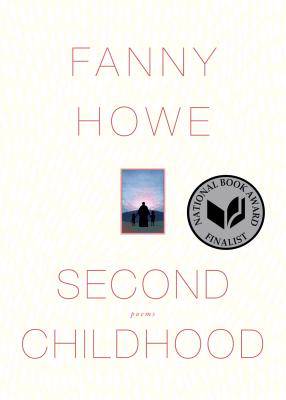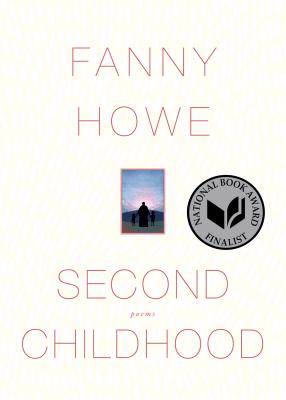
- Retrait gratuit dans votre magasin Club
- 7.000.000 titres dans notre catalogue
- Payer en toute sécurité
- Toujours un magasin près de chez vous
- Retrait gratuit dans votre magasin Club
- 7.000.0000 titres dans notre catalogue
- Payer en toute sécurité
- Toujours un magasin près de chez vous
Récompenses
Description
The new poetry collection by Fanny Howe, whose "body of work seems larger, stranger, and more permanent with each new book she publishes" (Ruth Lilly Poetry Prize citation)
People want to be poets for reasons that have little to do with language.It's the life of the poet that they want.
Even the glow of loneliness and humiliation.
To walk in the gutter with a bottle of wine. Some people's lives are more poetic than a poem,
and Francis is certainly one of these. I know, because he walked beside me for that short time
whether you believe it or not.
--from "Outremer" Fanny Howe's poetry is known for its lyricism, fragmentation, experimentation, religious engagement, and commitment to social justice. In Second Childhood, the observing poet is an impersonal figure who accompanies Howe in her encounters with chance and mystery. She is not one age or the other, in one time or another. She writes, "The first question in the Catechism is: / What was humanity born for? / To be happy is the correct answer."
Spécifications
Parties prenantes
- Auteur(s) :
- Editeur:
Contenu
- Nombre de pages :
- 77
- Langue:
- Anglais
Caractéristiques
- EAN:
- 9781555976828
- Date de parution :
- 08-07-14
- Format:
- Livre broché
- Format numérique:
- Trade paperback (VS)
- Dimensions :
- 129 mm x 178 mm
- Poids :
- 95 g

Les avis
Nous publions uniquement les avis qui respectent les conditions requises. Consultez nos conditions pour les avis.








